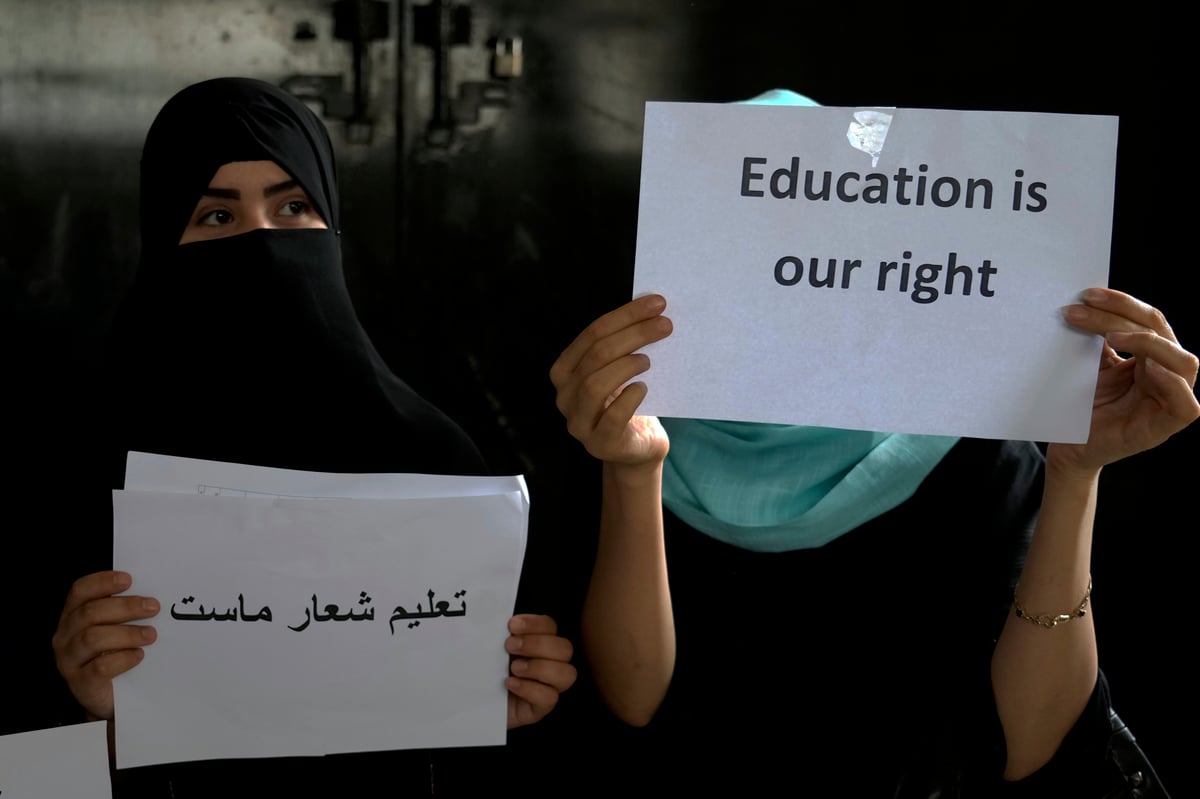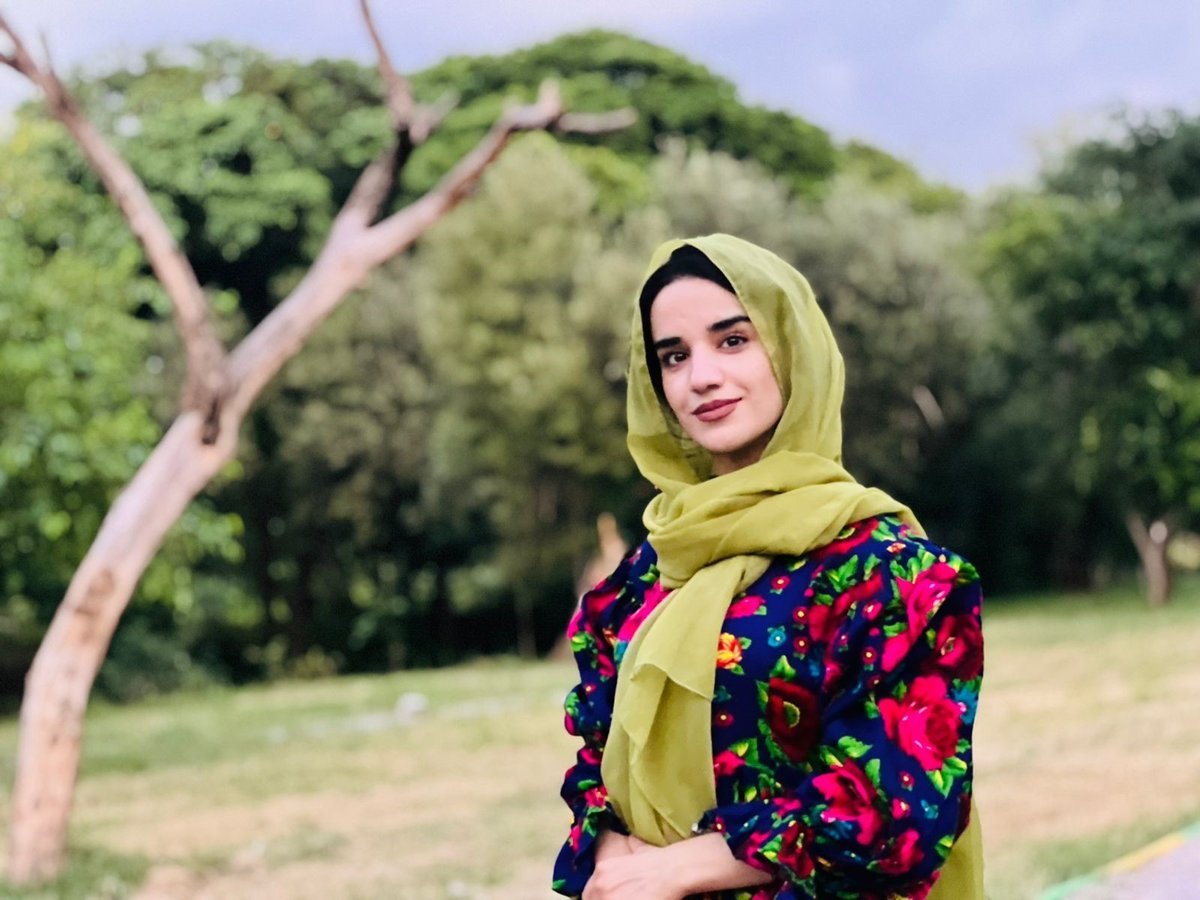
Warning: This post features explicit details of domestic and sexual violence that could be triggering for some readers.
For millions of Afghans, August 15 is more than the date their beloved country collapsed to the treacherous rule of the Taliban.
It's the date their freedom and dreams collapsed too. Particularly for women.
One year since the Taliban seized power, 27-year-old dentist and women's right activist Zahra Mohammadi reflected on the day as "the darkest of her life".
On August 15, 2021, Mohammadi joined other women, marching on the streets of Kabul protesting against the immediate measures to oppress women, reported Afghan women's media group, Rukhshana Media.
 Zahra Mohammadi. Image: Rukhshana Media.
Zahra Mohammadi. Image: Rukhshana Media.

Top Comments